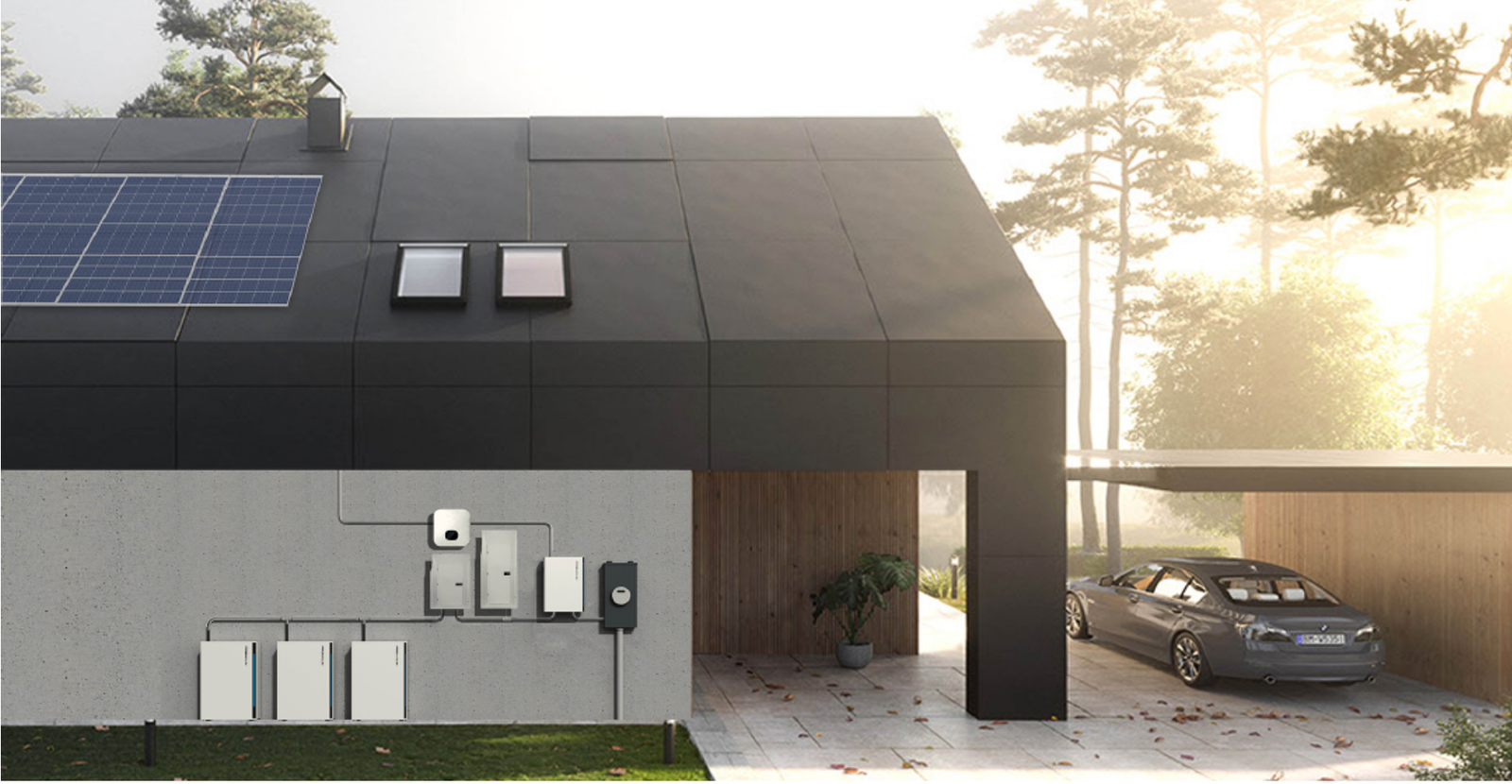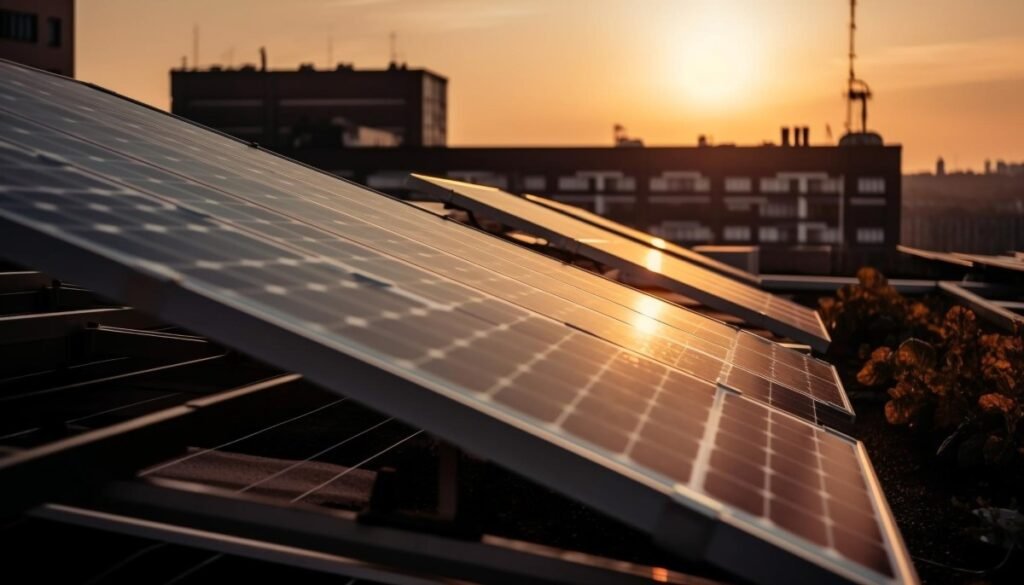If you’re considering a solar system for your home, you may have pondered the question: To backup or nonbackup for batteries.
Backup, or energy storage batteries referred to as “full battery back-up systems” are often used to prepare against grid outages.
You also have the option of getting non-backup batteries. People who are looking to save money on electric bills, but don’t see the immediate need for backup power often opt for this option. Think: households that live in areas where there aren’t many power outages or don’t need the assurance of having reliable power all the time (e.g. need uninterrupted power supply for medical equipment, or critical appliances such as the storage of foods in large fridges).
Those non-backup batteries are often referred to as “grid” batteries, “savings” batteries, or “self-consumption” batteries because they essentially serve as energy management devices. They allow you to store extra energy generated during the day (from your solar panels) and distribute that energy to your home in the evening during those peak grid energy rate hours. So you can do things like dinner prep and a load of laundry in the evening without fear of sudden spikes in electric rates!
With solar panels and a non-backup battery, homeowners can export energy to the grid to enjoy a utility bill offset of up to 90%!
Not only does it save you money, but also these self-consumption batteries allow for people to put less strain on the grid during peak demand, helping prevent outages and other problems (as well as being better for the environment, of course).
Additionally, non-backup solar batteries are great because there is a lot of scalability built into them – meaning, homeowners can start with a basic system that meets their current needs (and budget), and add to it later on as well as transition to a full back-up power system in the future.
Choosing the right option for you: When choosing, you should consider your specific needs and priorities.
- If an uninterrupted power supply during outages is important, it makes sense to invest in a backup battery system.
- If the primary goal is to reduce electricity costs and maximize consumption of self-generated power, a non-back-up battery system can be a more economical choice.
- Lastly, you can always have more of a gradual shift to a full back-up system in the future!
Consult with one of our Solar and Energy Efficiency consultants today to go over your best options for backup or non backup batteries!
With solar panels and a non-backup battery, homeowners can export energy to the grid to enjoy a utility bill offset of up to 90%!
References:
- https://help.aurorasolar.com/hc/en-us/articles/360036809273-Utility-Bill-Savings
- https://enphase.com/download/nem-30-quick-guide-installers

With a dedication to renewable energy and expertise in creating compelling content, Susan regularly offers insights on the latest trends and best practices in solar energy solutions and energy efficiency methods.



